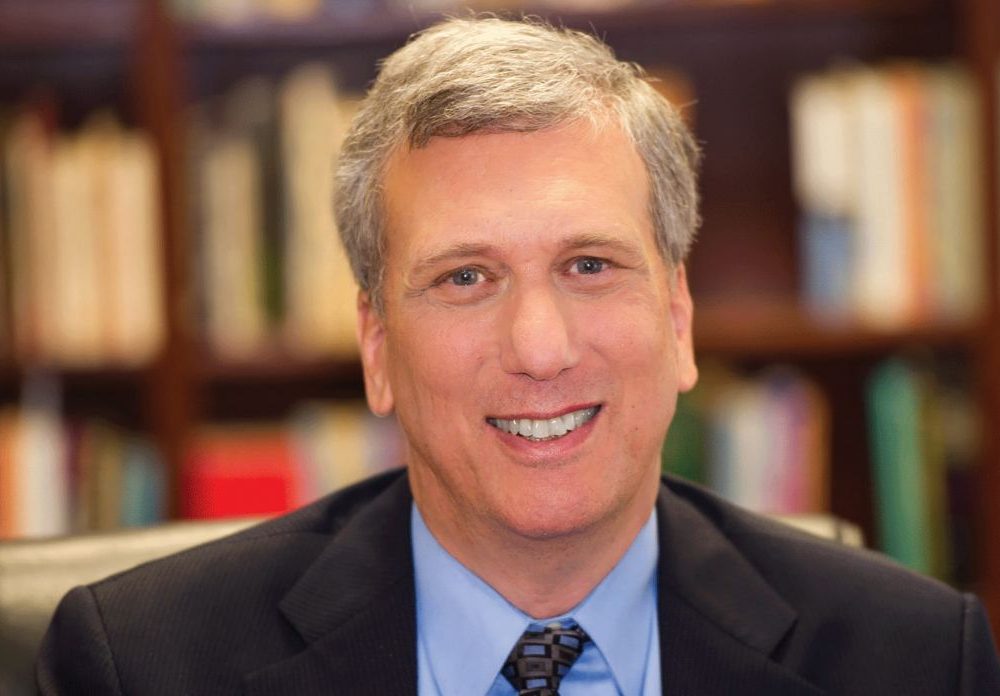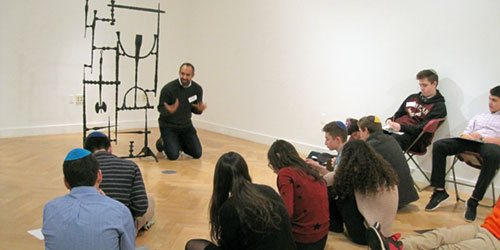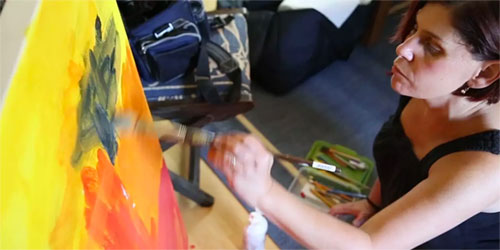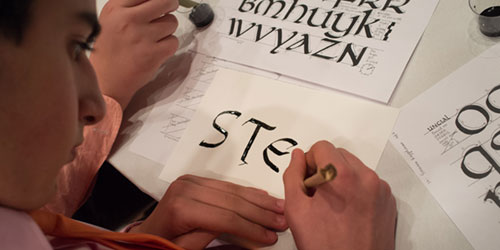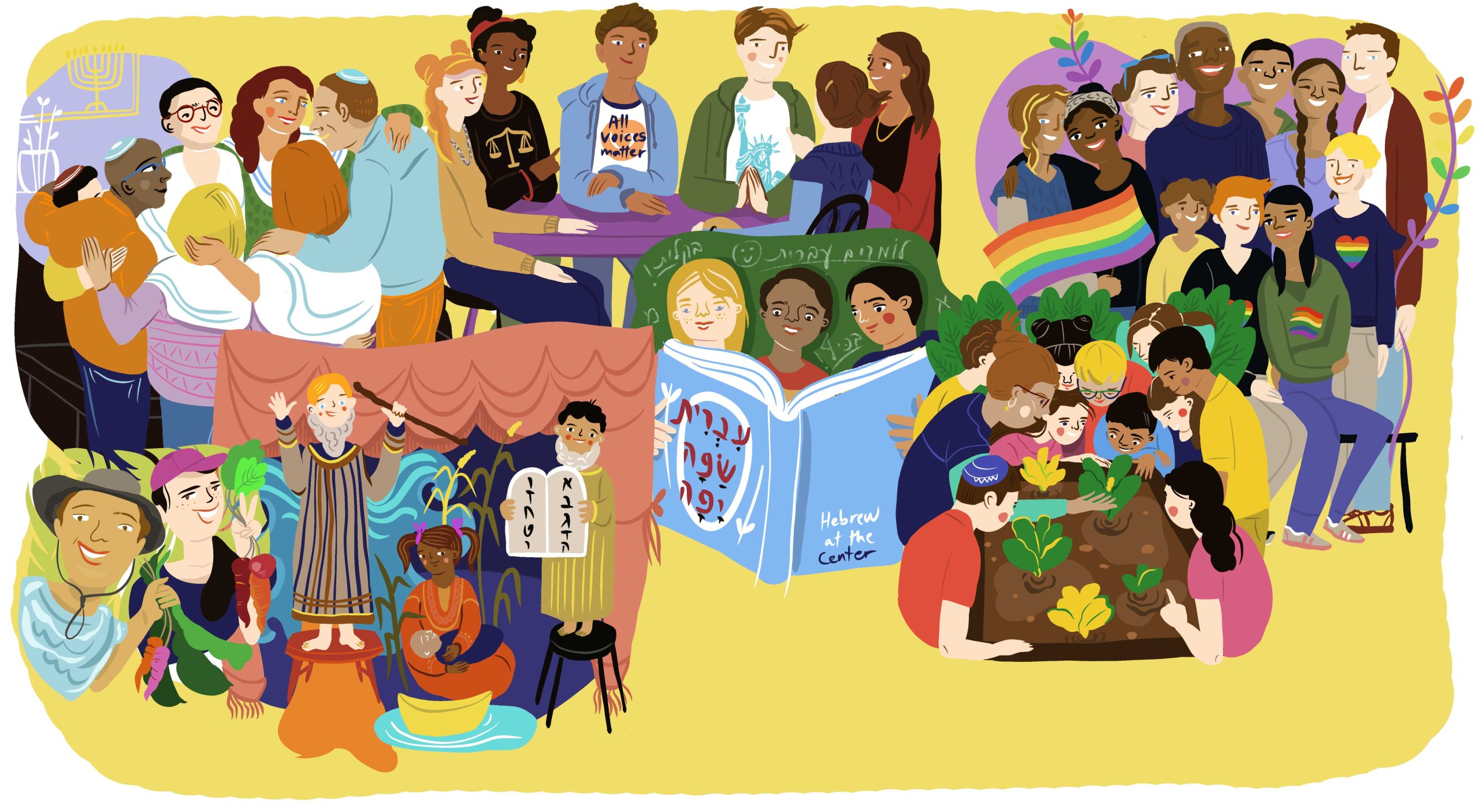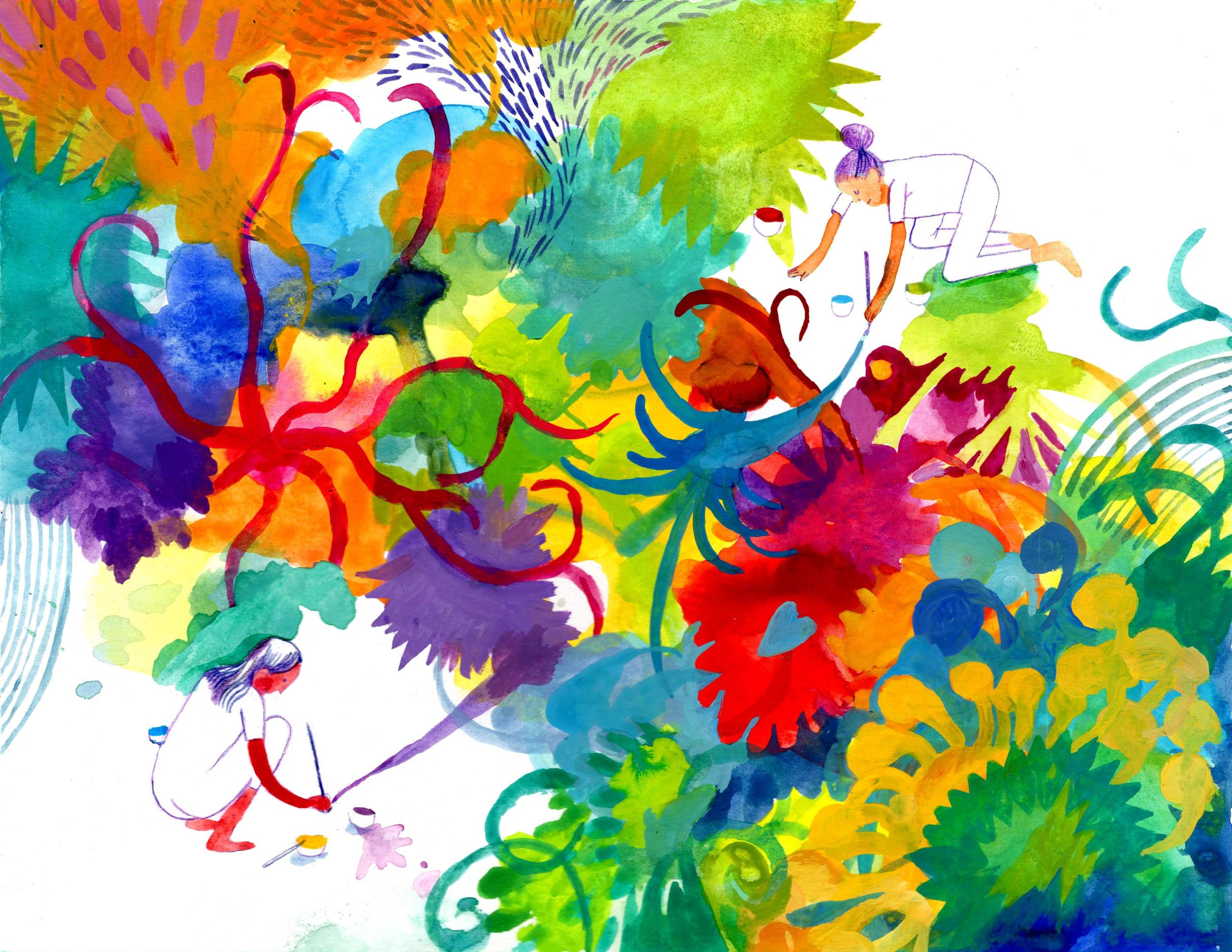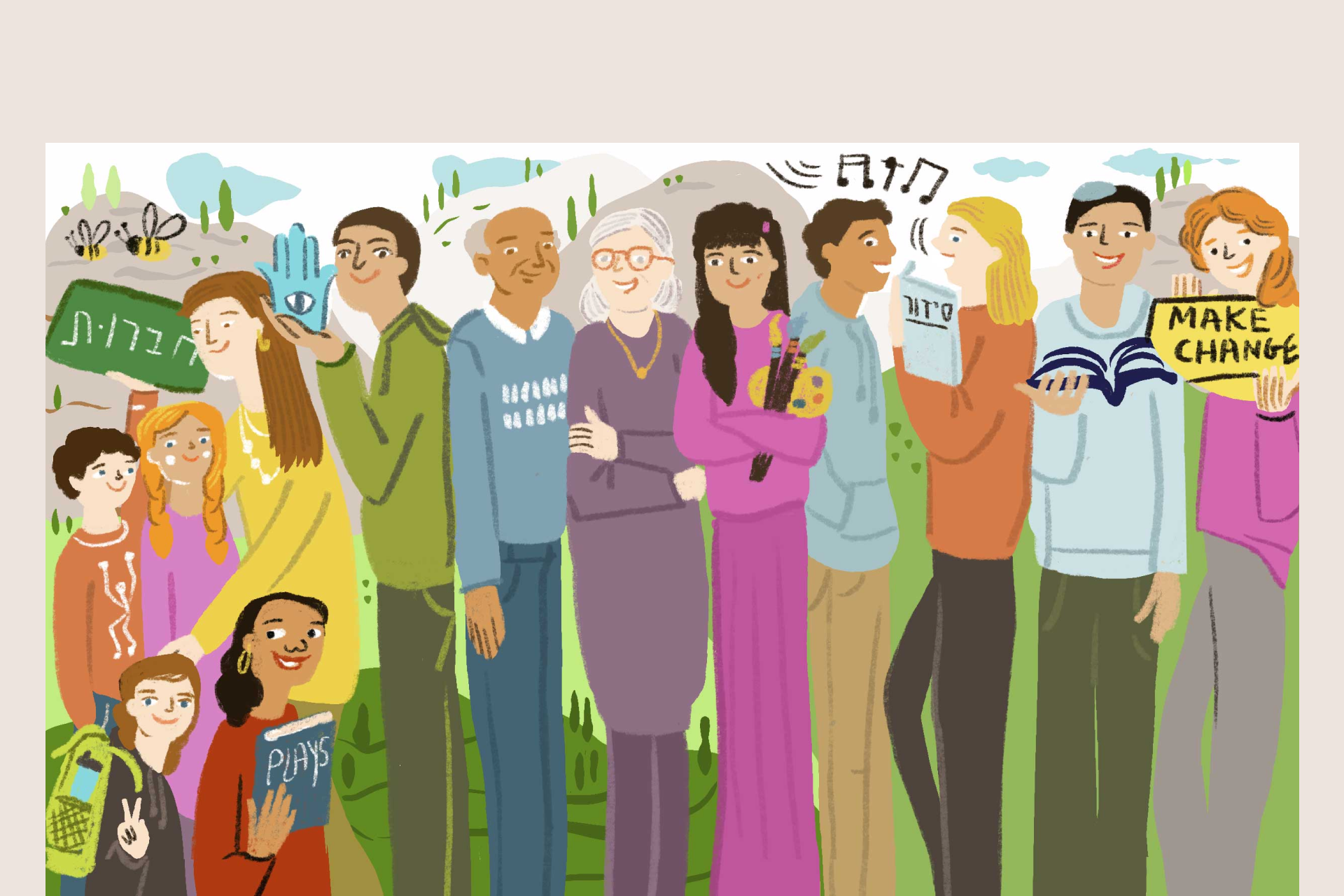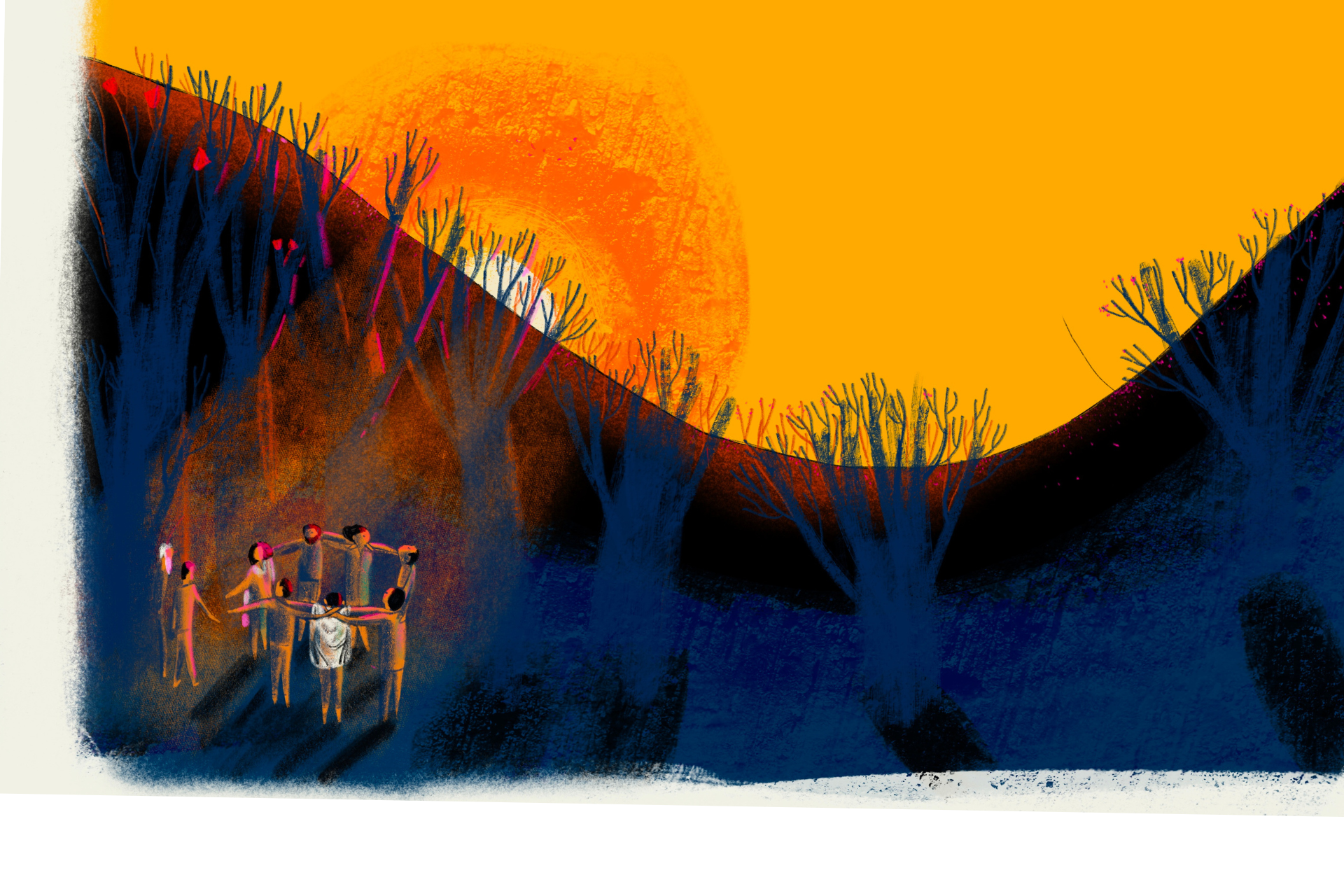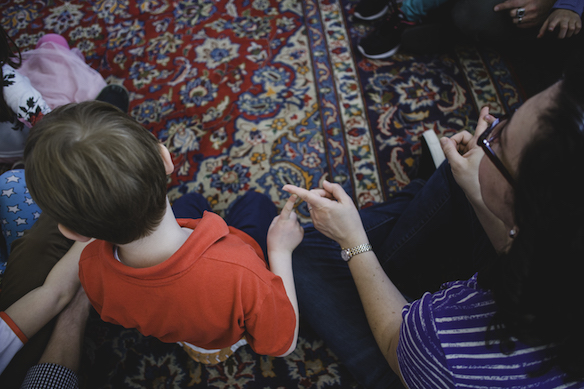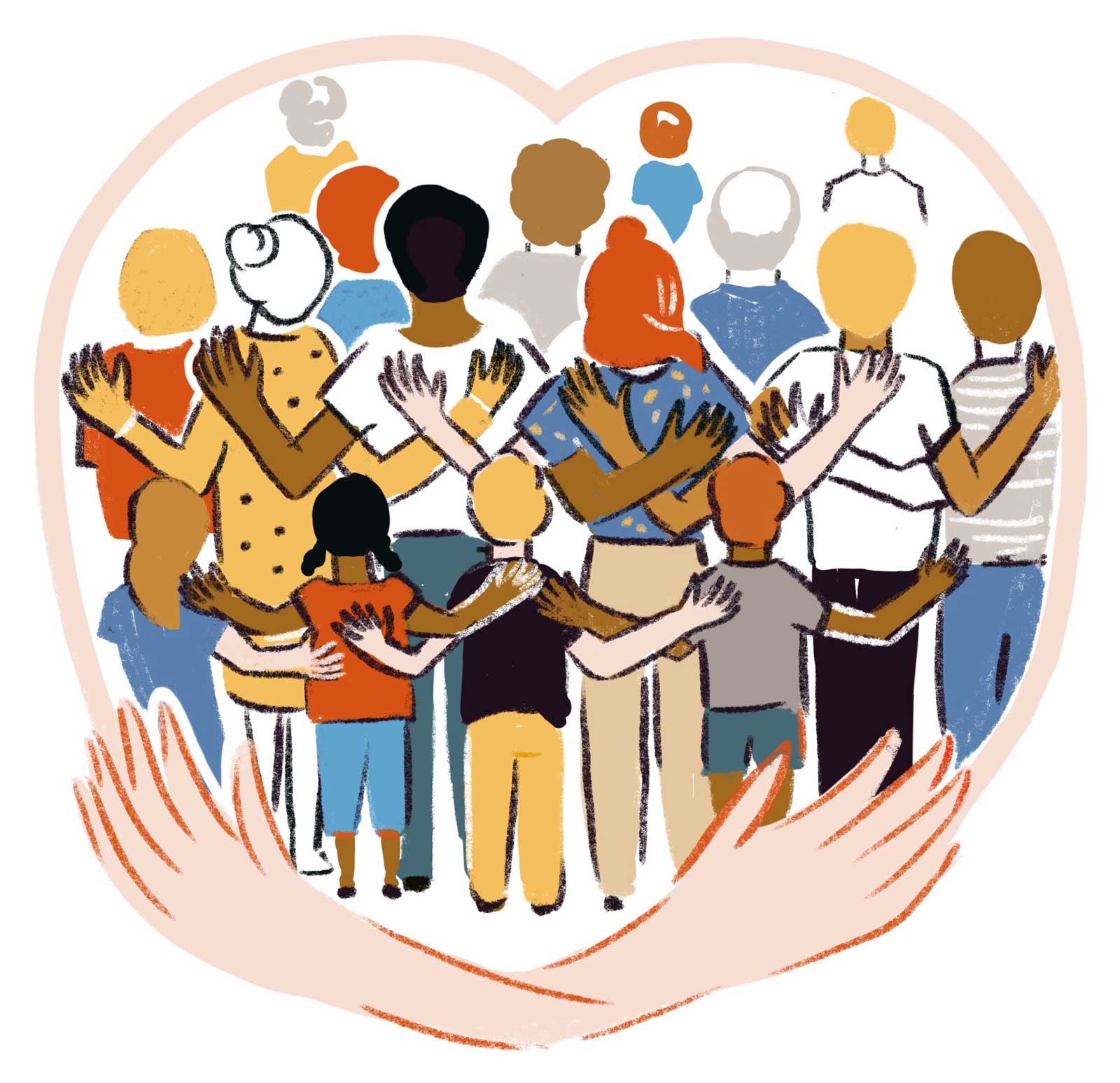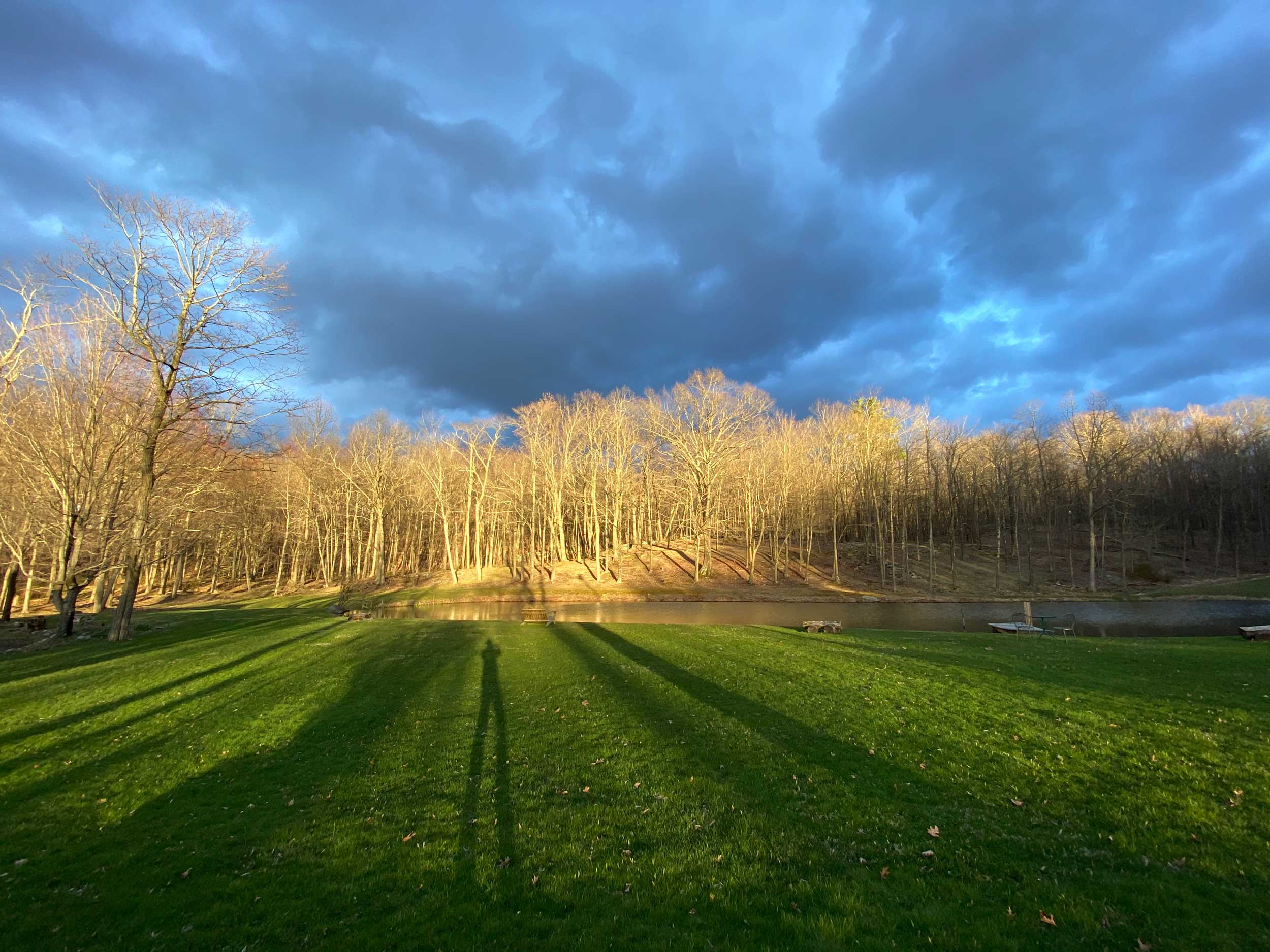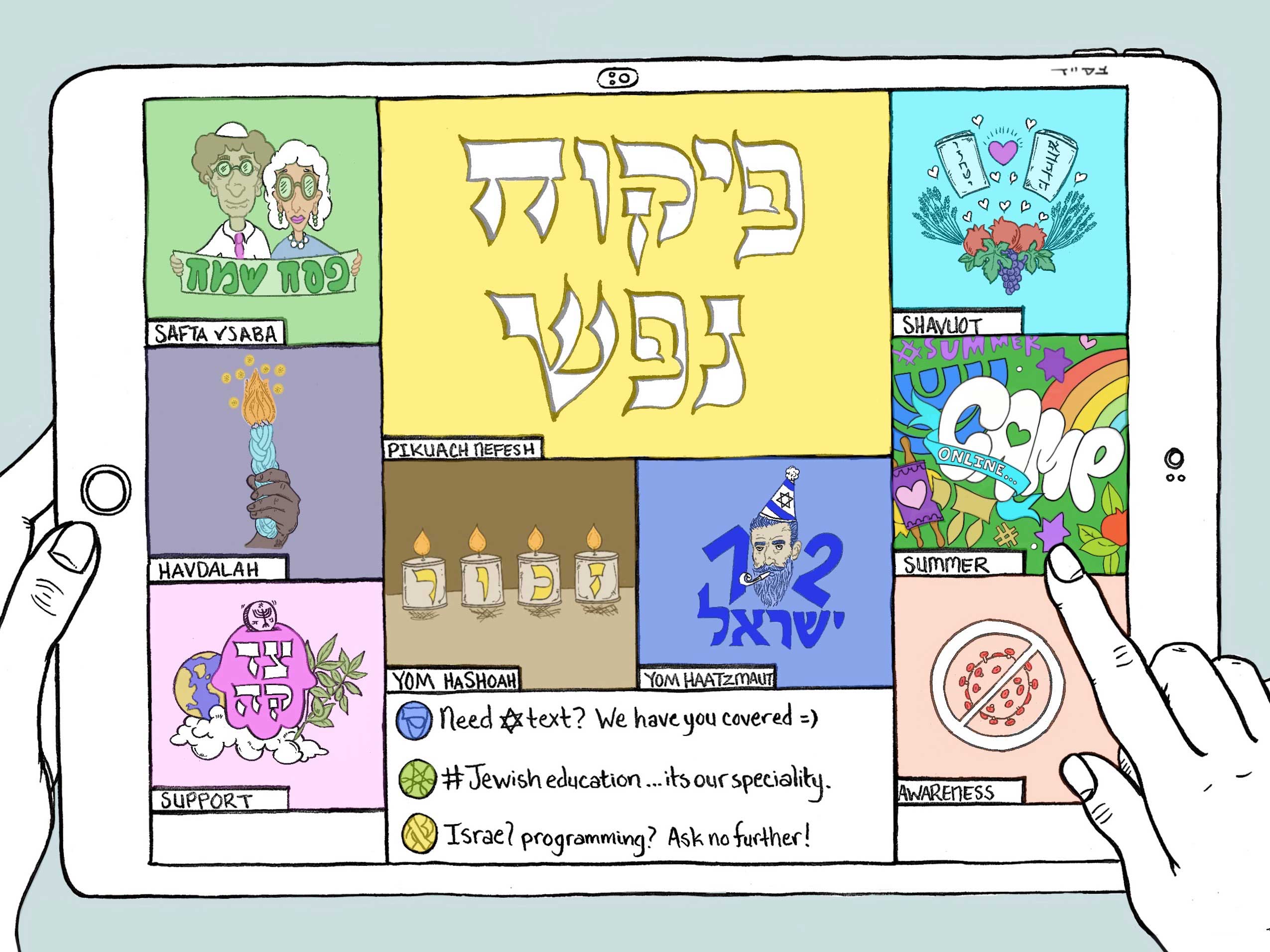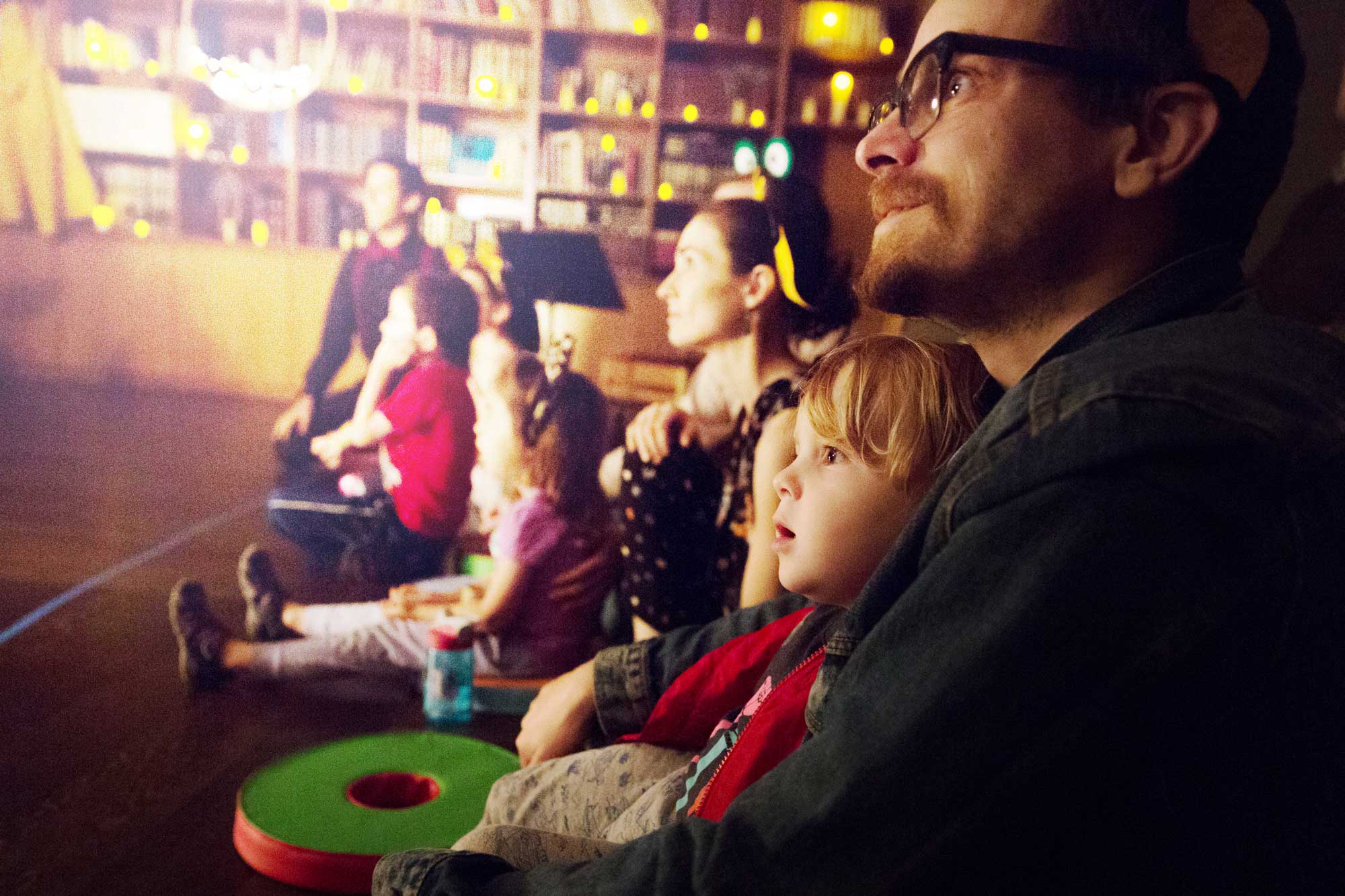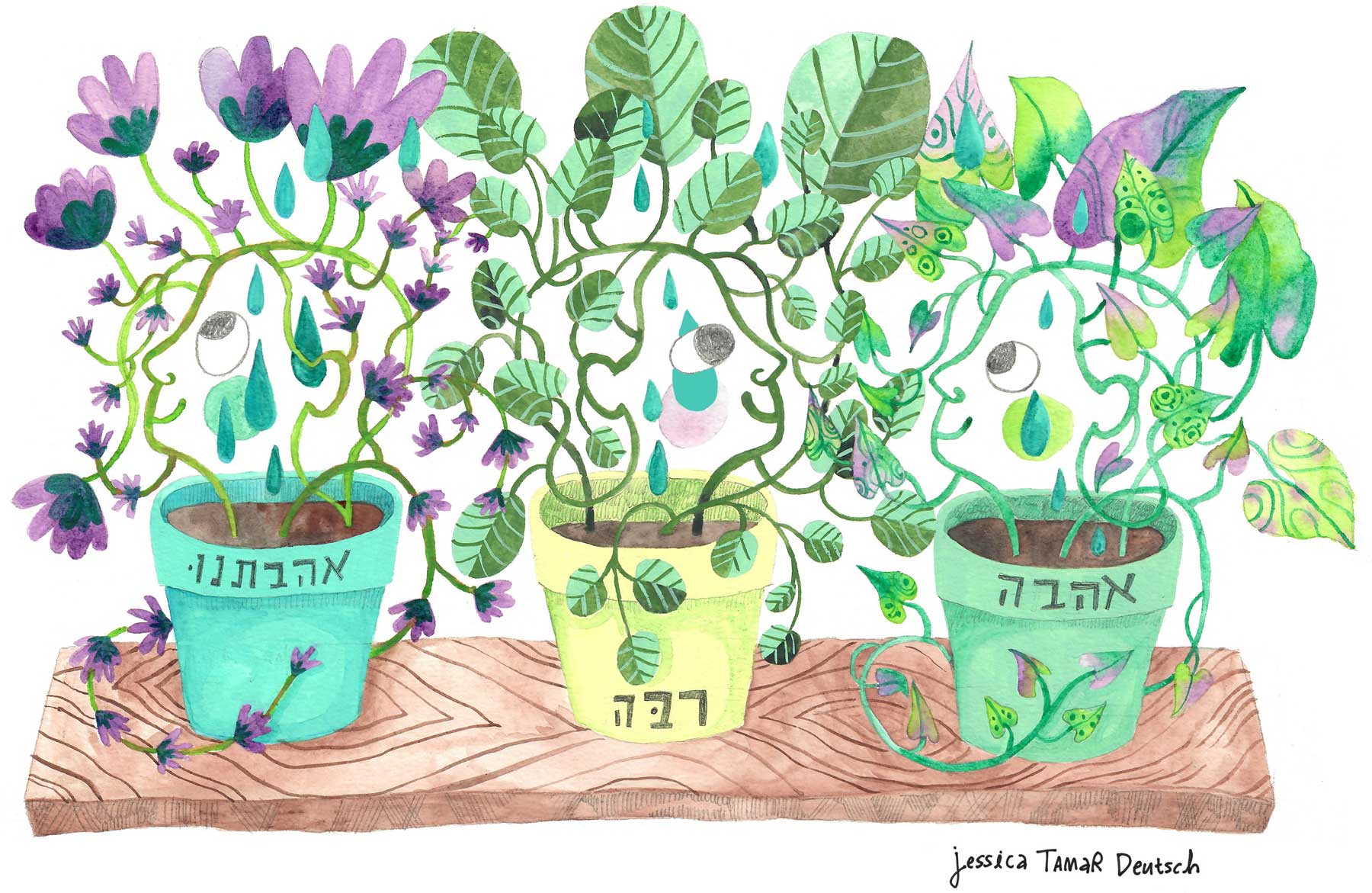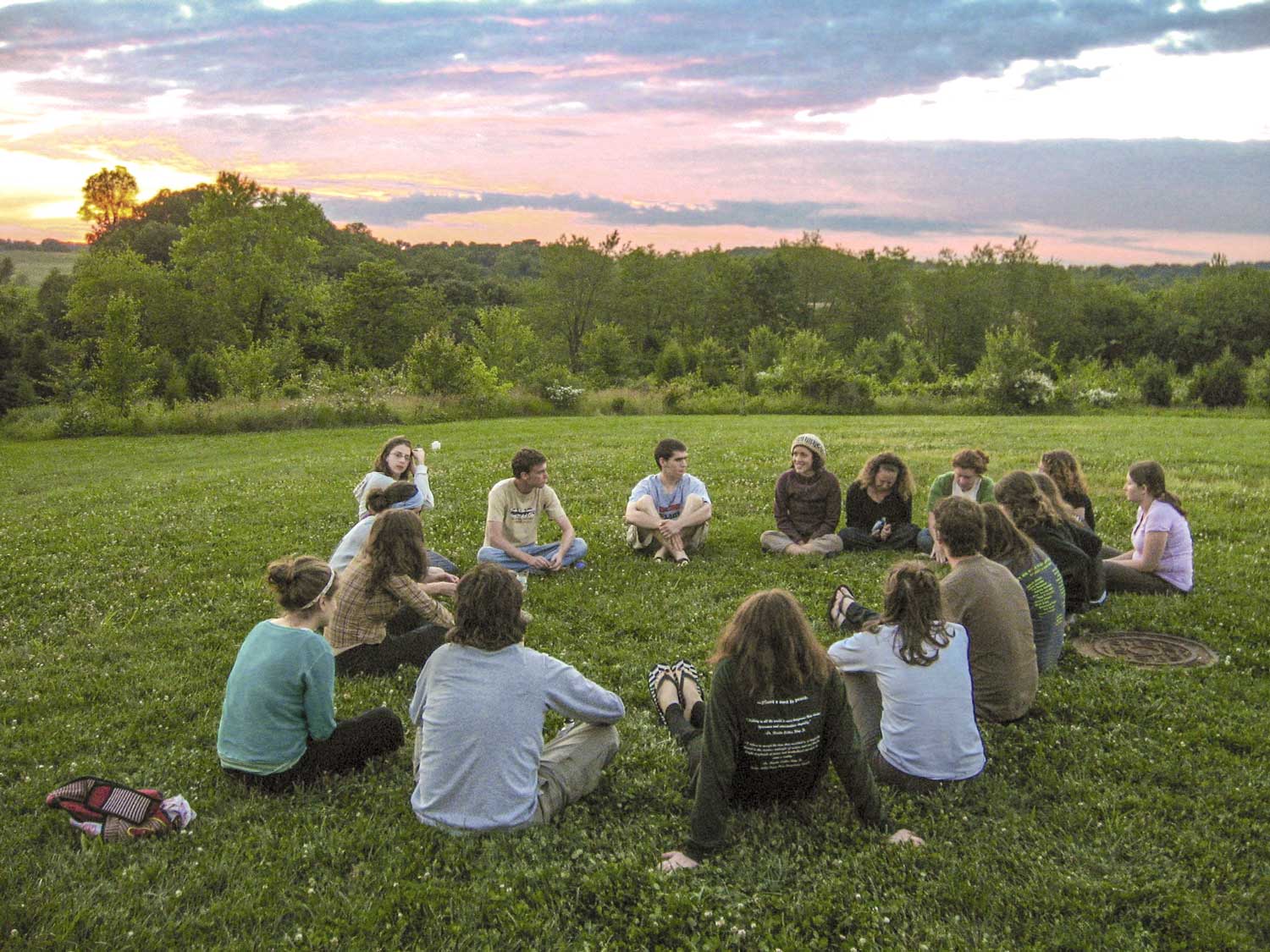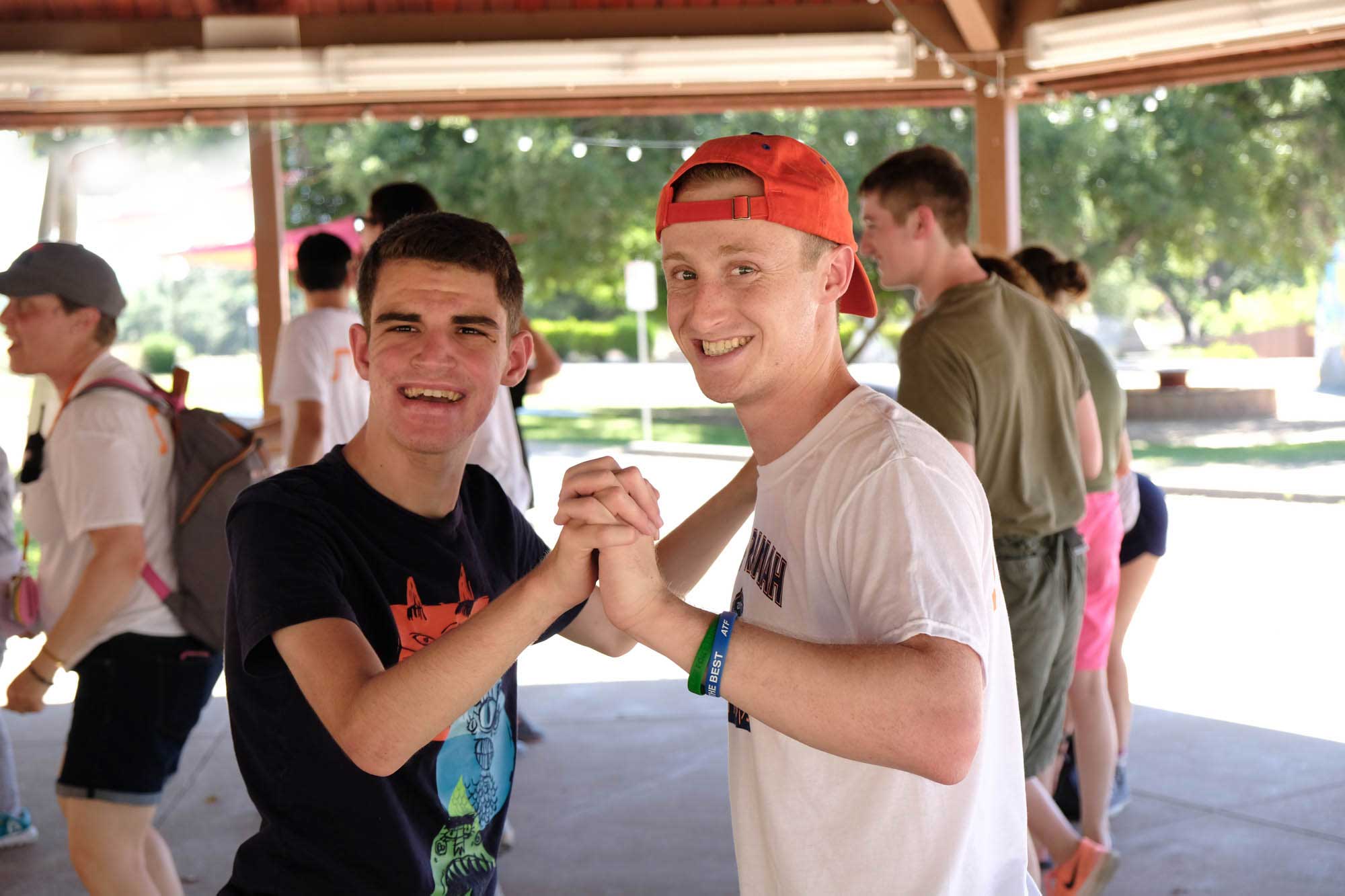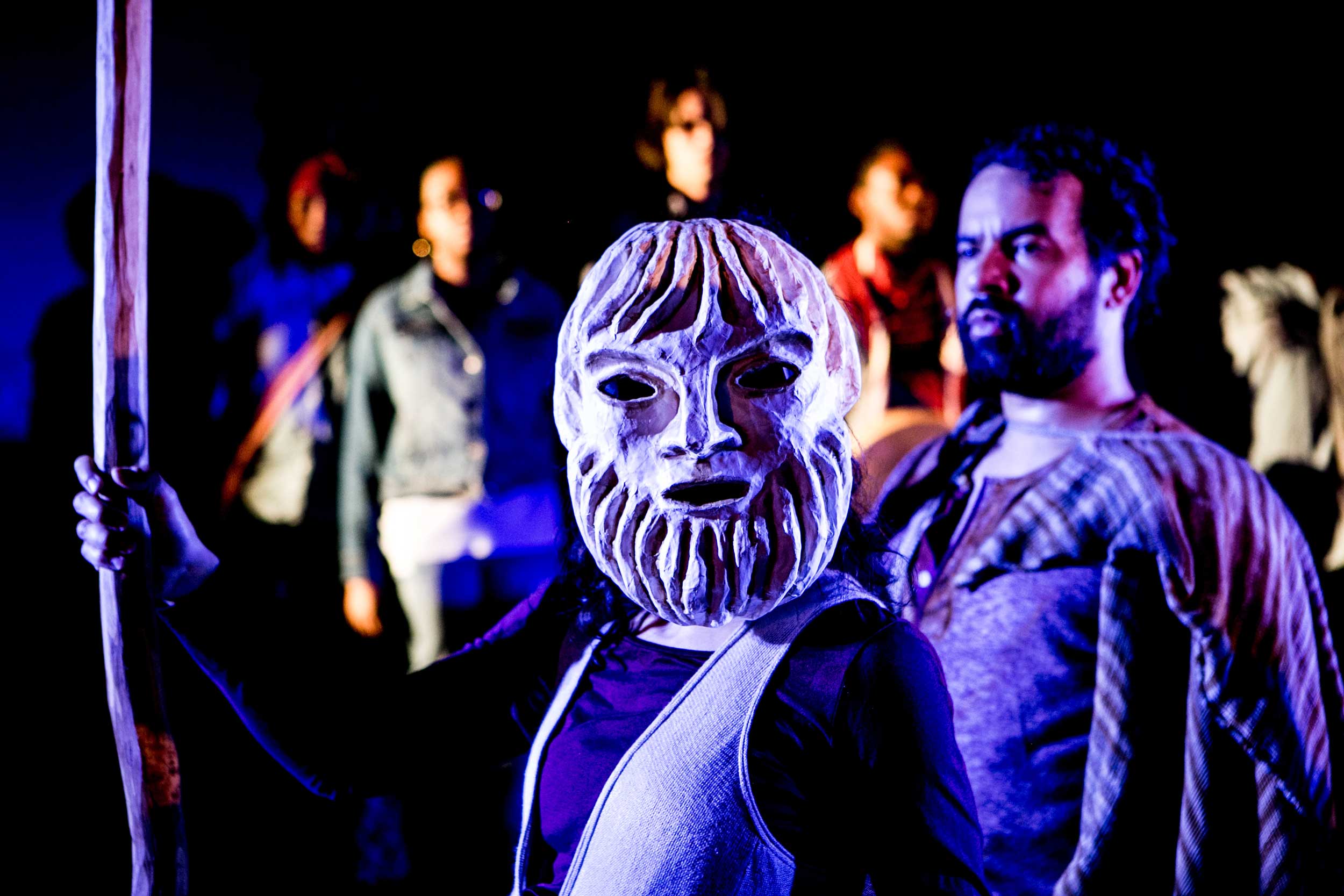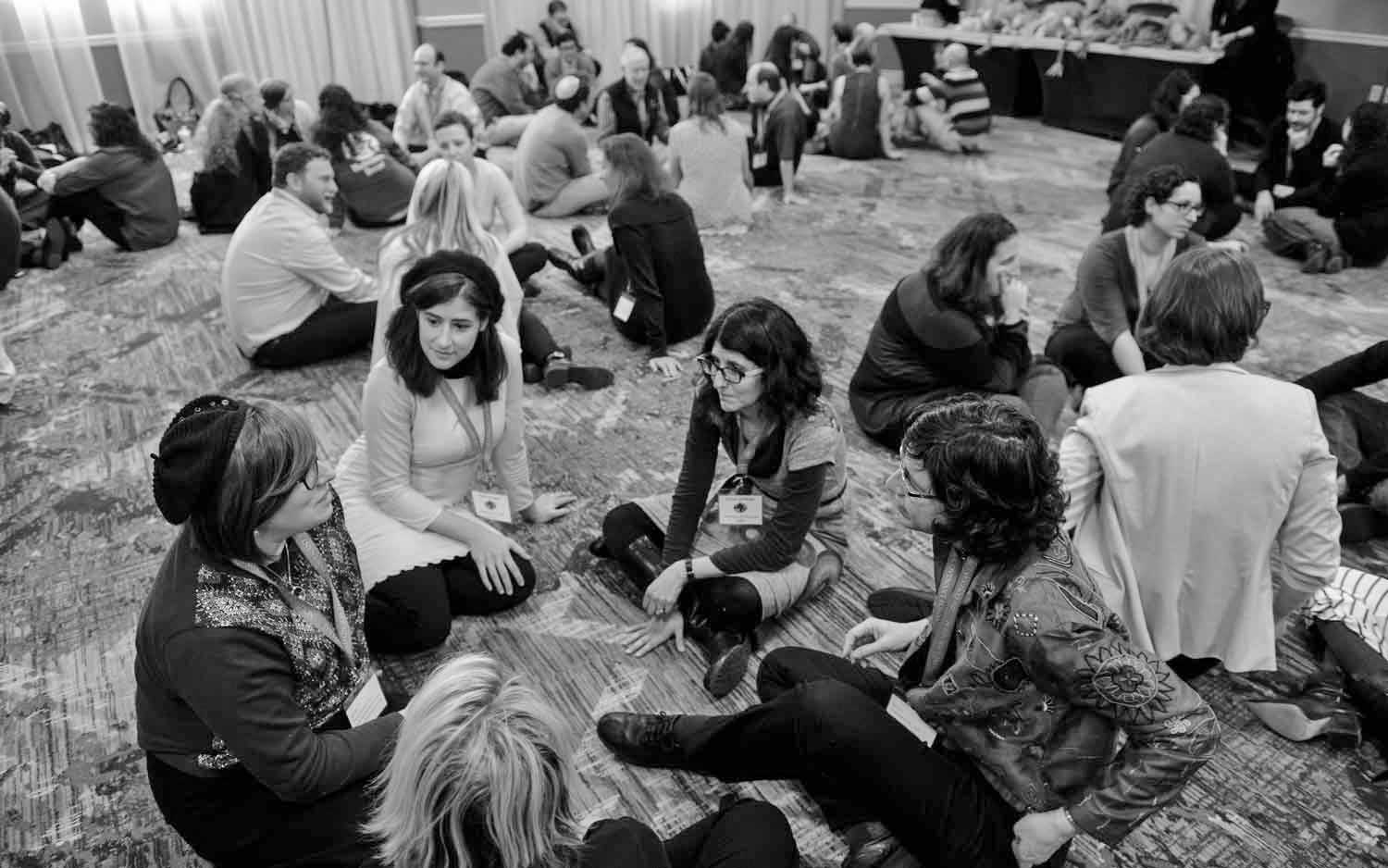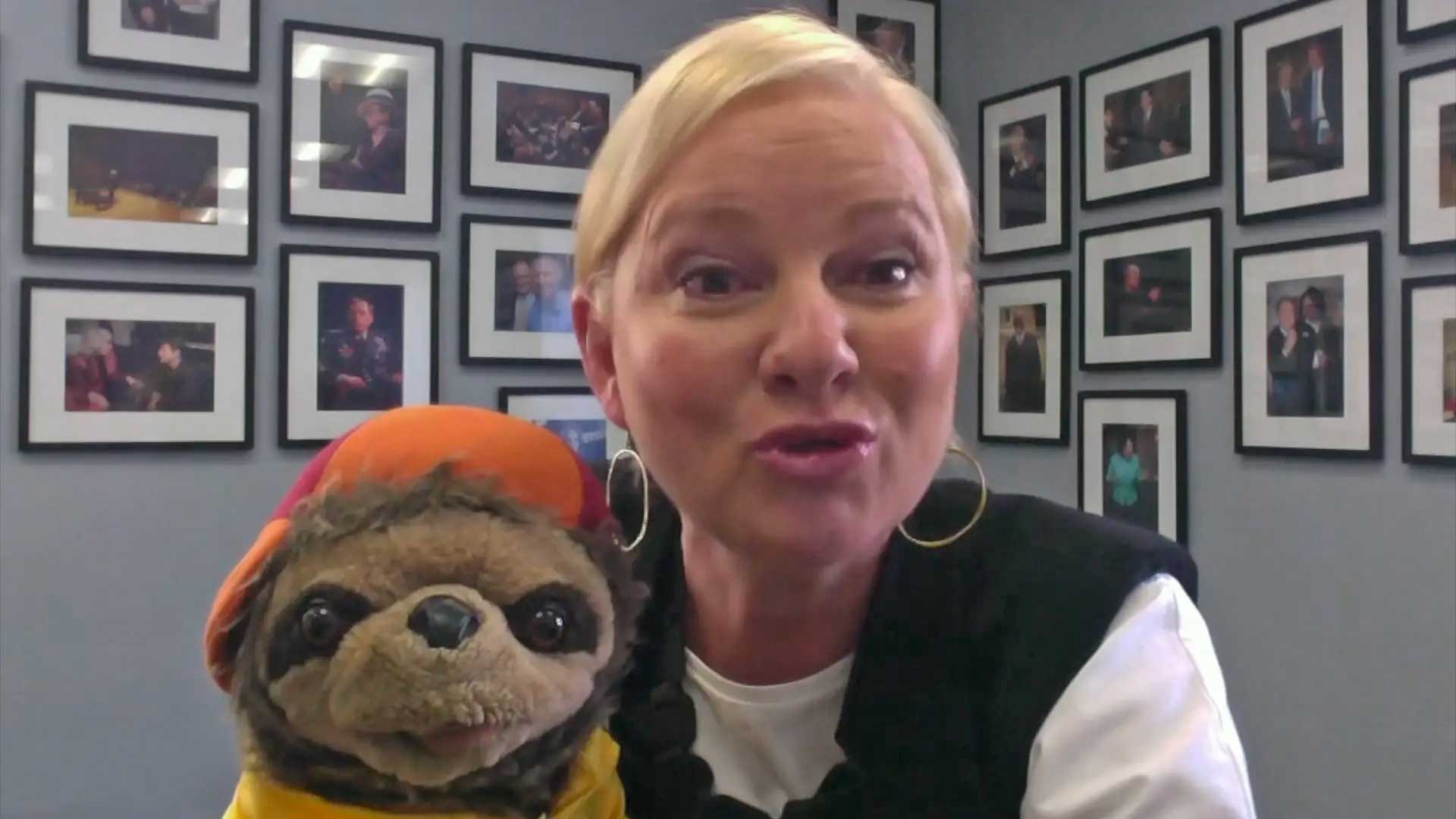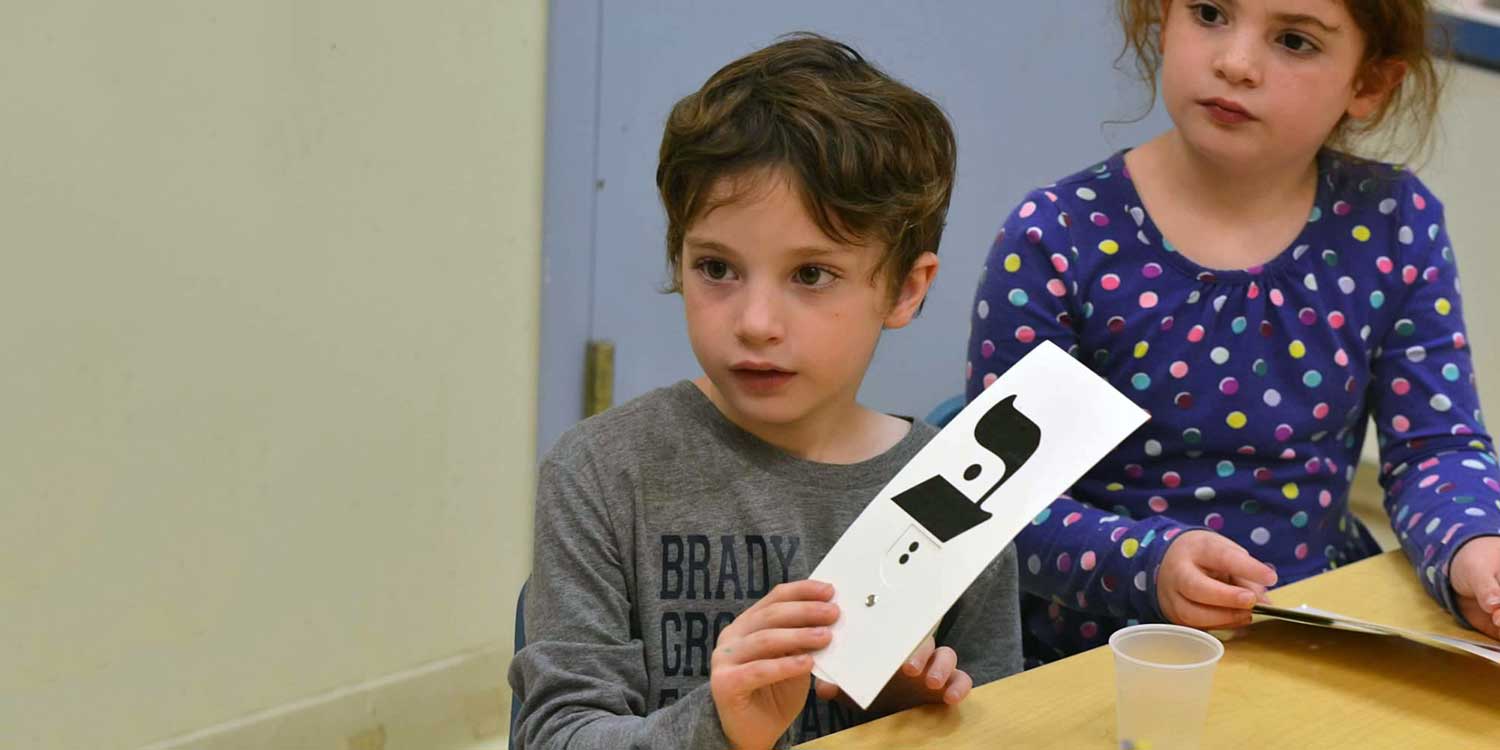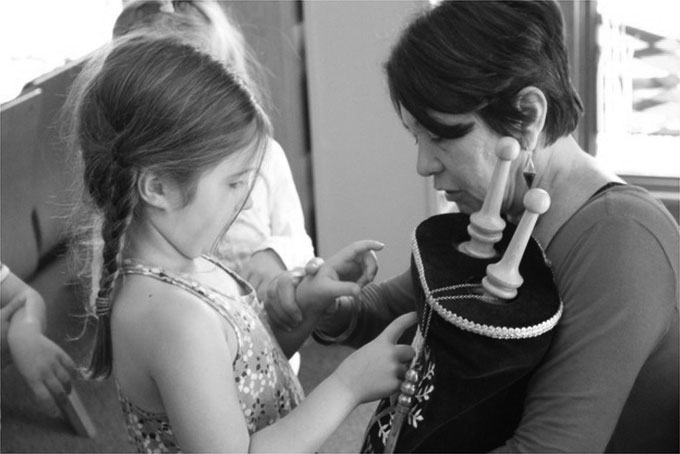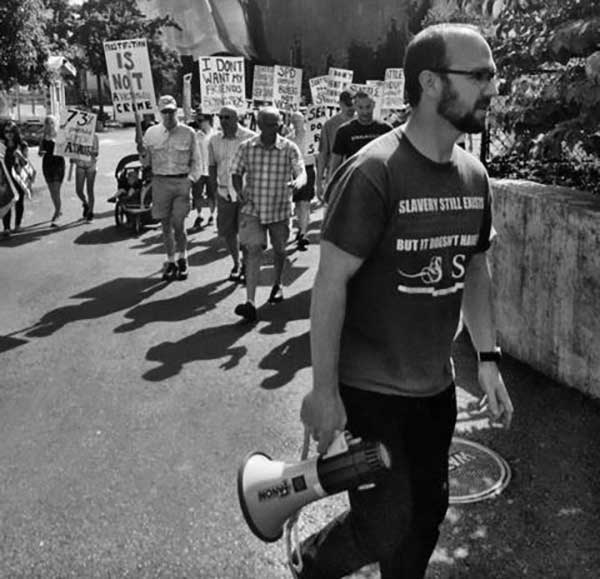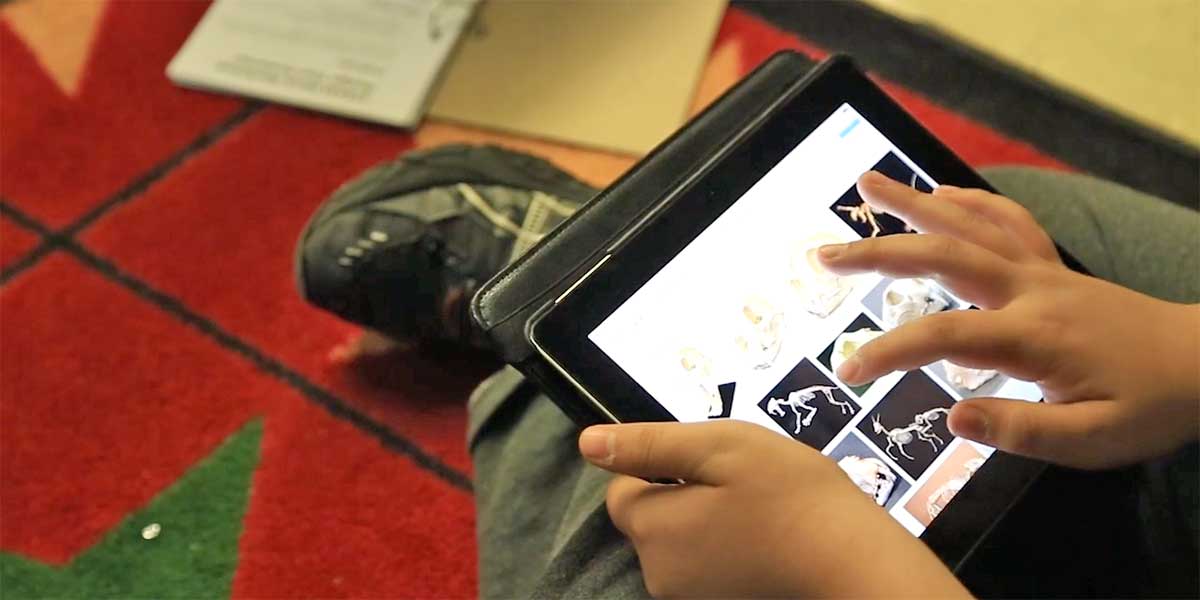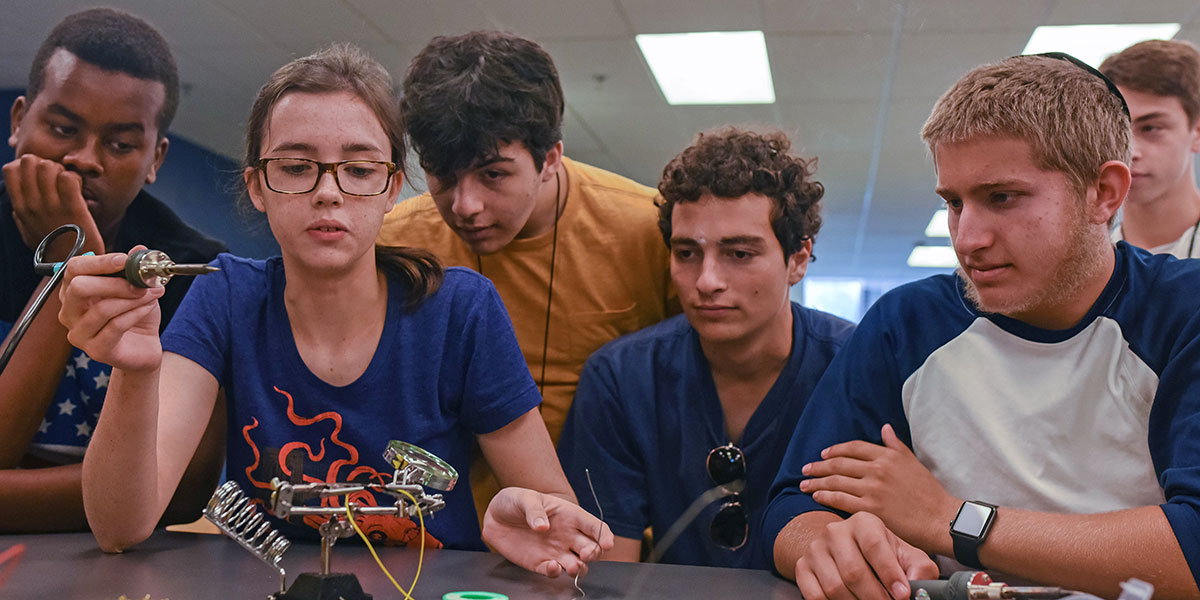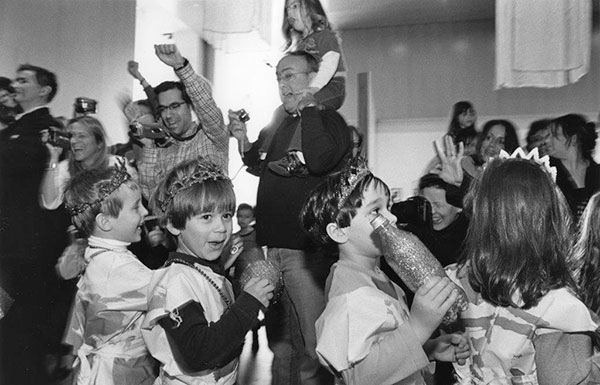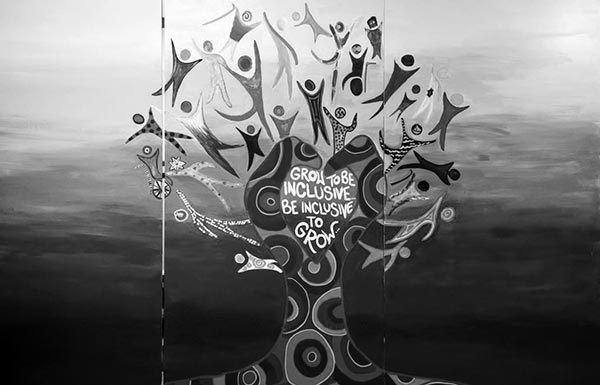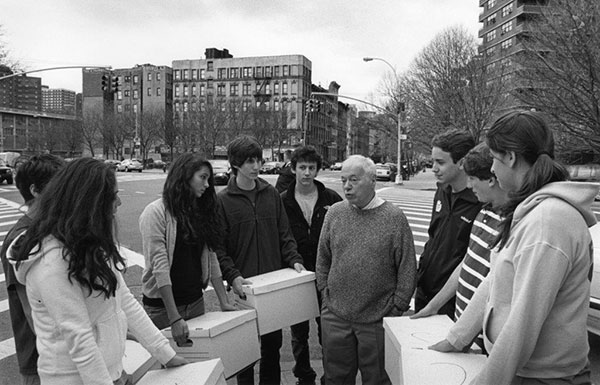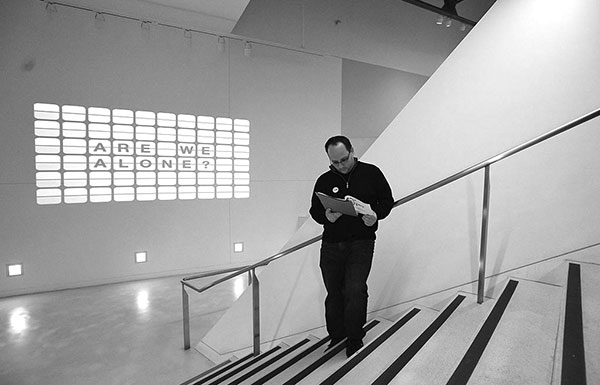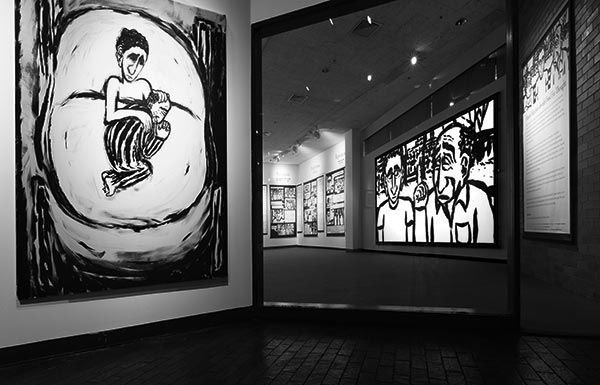Nurturing a field of vision—focusing vision for the fields
Sight Line is a digital journal brought to you by The Covenant Foundation. It offers information for and about the field of Jewish education in its broadest definition and is intended to evoke conversation and create an opportunity for action.
EXPLORE THE LATEST VOLUMEVolume 04 Gateway to the Soul: Arts in Education
INTRODUCTIONPhoto by Zion Ozeri
Volume 04 — 30 Nisan 5775 19 April 2015 Gateway to the Soul: Arts in Education
"We need a new kind of creativity in the classroom that’s going to reach Jewish kids… If a teacher is imaginative, he or she is going to connect to students’ hearts and souls.”
—Dr. Arnold Eisen, Chancellor, Jewish Theological Seminary, Board Member, The Covenant Foundation.
Insights
Noted voices speak out about the concept of Gateway to the Soul: Arts in Education as it relates to their own work in the field.
Additional Resources
THE COVENANT LIBRARY
Featured in this volume is a collection of essays by Liz Lerman, a Covenant Foundation grantee, titled Hiking the Horizonal. In her book, Lerman “reflects on her life-long exploration of dance as a vehicle for human insight and understanding of the world around us.” Also featured is The Creative Habit: Learn It and Use It for Life, a book by choreographer, dancer and author Twyla Tharp, in which she offers exercises aimed at generating creativity and helping readers harness their best ideas.
Hiking the Horizontal: Field Notes from a Choreographer
By Liz Lerman

In this collection of essays, Liz Lerman, a Covenant Foundation grantee, “reflects on her life-long exploration of dance as a vehicle for human insight and understanding of the world around us. Described by the Washington Post as “the source of an epochal revolution in the scope and purposes of dance art,” Lerman here combines broad outlooks on culture and society with practical applications and accessible stories. Her expansive scope encompasses the craft, structure, and inspiration that bring theatrical works to life as well as the applications of art in fields as diverse as faith, aging, particle physics, and human rights law. Offering readers a gentle manifesto describing methods that bring a horizontal focus to bear on a hierarchical world, this is the perfect book for anyone curious about the possible role for art in politics, science, community, motherhood, and the media.”
More to Consider
The Creative Habit: Learn It and Use It for Life
By Twyla Tharp

In this book, Tharp offers 32 exercises aimed at generating creativity and helping readers harness their best ideas. “In ‘Where’s Your Pencil?’ Tharp reminds you to observe the world—and get it down on paper. In ‘Coins and Chaos,’ she gives you an easy way to restore order and peace. In “Do a Verb,” she turns your mind and body into coworkers. In “Build a Bridge to the Next Day,” she shows you how to clean the clutter from your mind overnight…Tharp leads readers through the painful first steps of scratching for ideas, finding the spine of your work, and getting out of ruts and into productive grooves….” (from Amazon.com)
More to Consider
THE COVENANT STAGE
Featured here is a short tribute to beloved musician, Jewish educator and Covenant Award winner, Debbie Friedman, Z”L, who inspired generations of Jews to express themselves in song and reclaim their spirituality. Also featured is Jon Adam Ross, a playwright, performer and artist who created a stage piece commissioned by The Covenant Foundation, titled “Upon Reflection” in which he explores what happens when we harness the Jewish wisdom all around us, and use it to create a piece of art. In “Stories from a Disappointing Nephew: A Work-in-Progress,” Aaron Wolfe, a writer, musician and storyteller, performs the tale of his Great Aunt Ila, who fought in the Krakow Ghetto Uprising, baked the best mocha torte, and taught him not to give up on his dreams.
Shababa!
Shababa is a “welcoming community for everyone, nurtures family bonds and bridges
connections to Jewish life and values.” Led by Karina Zilberman, Director of Jewish Family Life and Culture and recipient of the 2012 Covenant Award, Shababa inspires children and adults alike to engage with their Judaism in a joyful, musical way.
Everyone is Invited: Create a Communal Narrative with The inHEIRitance Project
Five pieces of theater in five cities in three years. This is the mission of The inHEIRitance project, a collaboration spearheaded by performer and playwright Jon Adam Ross and funded by a Covenant Foundation grant. Rooted in the stories of our biblical patriarchs and matriarchs from the Book of Genesis, and with a process that includes text study, workshops, and the personal stories of Jews in different locations across the country, the inHEIRitance Project invites participants from around the Jewish world to engage in a lasting communal narrative.
If your community is interested in participating in The inHEIRitance Project, get involved by clicking here.
More to Consider
Latest Volumes
Past Volumes
Built On the Roots of Tradition: New Models in Jewish Supplementary Education
The Wonder Years: Inside the Field of Jewish Early Childhood Education

